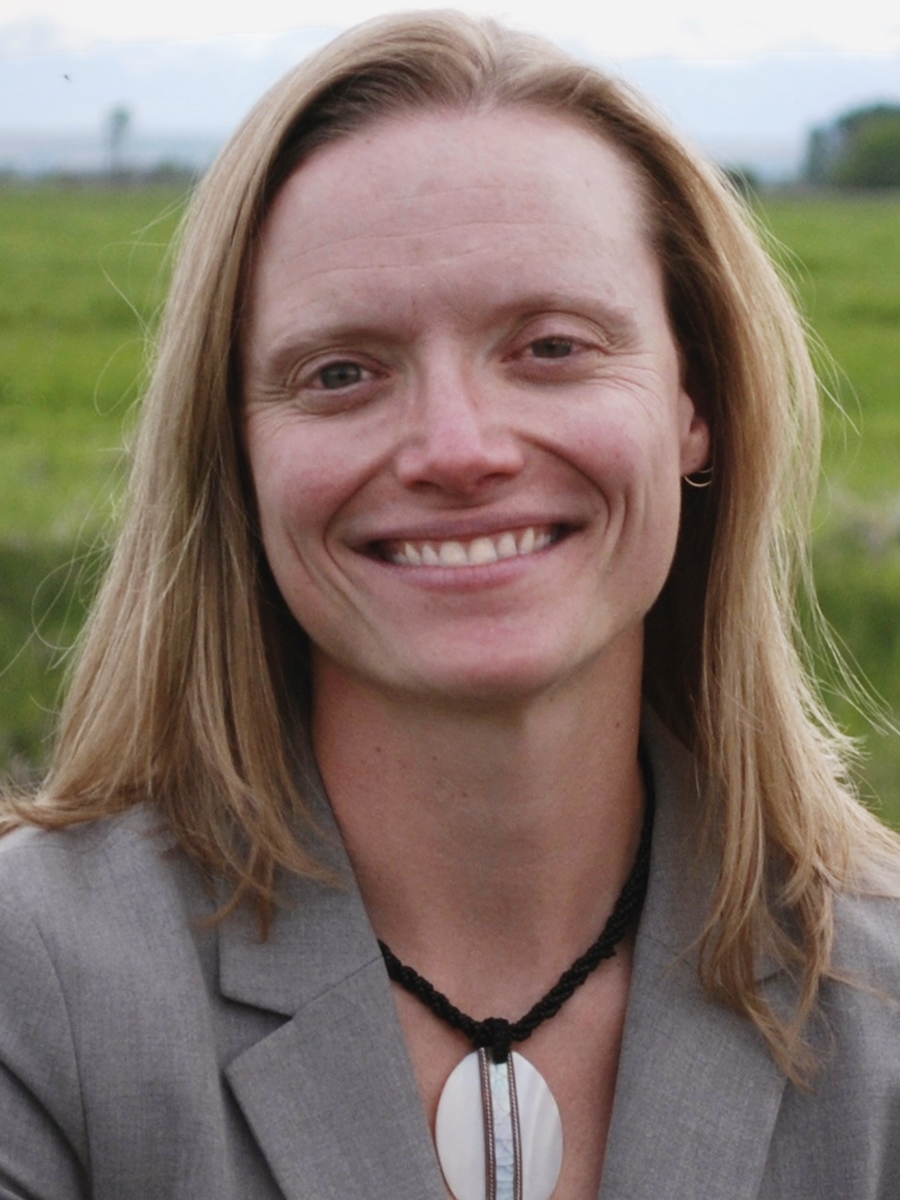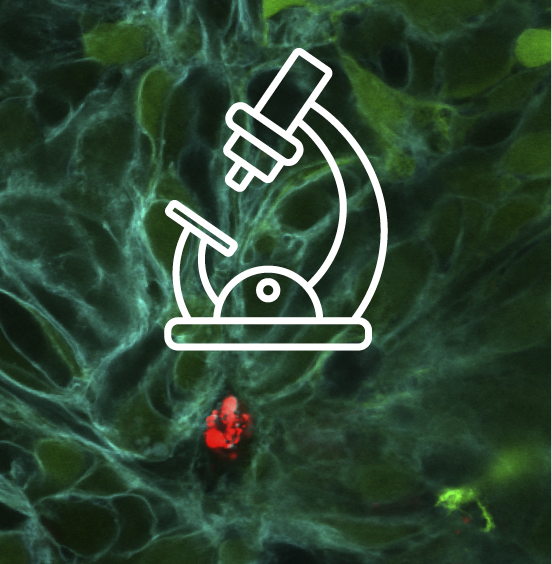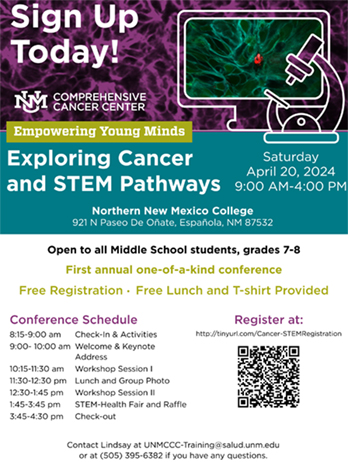The University of New Mexico Comprehensive Cancer Center’s Continuing Umbrella for Research Experience (CURE) is graduating to a larger program by including more opportunities for students, including, for the first time, middle schoolers.
The “UNM CURE for Cancer” is a grant-funded program that previously offered an experience only for high school students during the summer. The program introduced young students to the myriad possibilities in scientific research and particularly in cancer research.
But what was once a program that had a handful of spots is now expanding significantly.
“Now there are spots for 10 high school students and 10 undergraduates,” said Jennifer Gillette, PhD, Associate Director for Training and Education at the UNM Comprehensive Cancer Center. “One of the biggest differences now is that those students can come back for a second summer on top of a new group of 10 high schoolers and 10 undergraduates.”
The students get matched with a mentor, who is a faculty member with the UNM Cancer Center, and have a research project that they work on throughout the summer.
At the end of the summer session, the students participate in a UNM Health Sciences Center-wide research symposium in which they give presentations to compete for prizes.
The students are also enrolled in classes that provide in-depth training on career development in which they talk about interview skills, personal statements, and various career opportunities.
The students also meet once a week to learn more about the science behind cancer research.
“The third facet of the program is cohort building,” Gillette said. “So, we look for ways to get the group together and go whitewater rafting, climbing and take in an Isotopes game. It is their summer break and we want them to have some fun, but it also builds relationships. Science is collaborative, so it’s important for them to learn how to work together.”
While the UNM CURE for Cancer program has expanded its reach for high school and undergraduate students, it is also delving into the middle school level. Its first ever day-long “Empowering Young Minds: Exploring Cancer and Stem Pathways” conference, targeted specifically for seventh- and eighth-graders, is set for April 20 at the Northern New Mexico College in Española.
“Middle schoolers are at a prime age. Some really significant decisions are being made, and so getting them interested in science would be huge, particularly in cancer biology and the health professions,” Gillette said.

I want students to understand that science is a place where everyone belongs, and all perspectives are welcome. I want them to see that, hear that, and feel that sooner, so they realize the exciting career paths available to them and the lasting impacts they can have.
Gillette said the event will start off with a keynote address from UNM Cancer Center director, Yolanda Sanchez, PhD, and then will feature two hands-on workshops geared specifically toward the middle school level. At least one of those workshops will be related to cancer biology.
After lunch, there will be a STEM/Health fair to introduce students and their families to local health care opportunities and various careers in science they may not have considered.
“We’re going to invite anyone and everyone throughout the state — from the national labs, Kirtland Air Force Base and local health care providers — to come and share with these students and families the extensive opportunities and career paths available for New Mexicans.”
Gillette said the grant is built to move the middle school conference to different parts of the state each year.
She said there will be an extensive evaluation process each year to see what works and how we can make the event even better the following year.
“It’s going to be so much fun,” Gillette said. “We’ve had lots of conversations about what engages seventh- and eighth-graders and we are excited to find out.”
Gillette said it’s important to create and strengthen the outreach to middle, high school and undergraduate students so that more young people are considering scientific careers as a possibility earlier.
“I think it’s essential for a lot of reasons. But if I think specifically about New Mexico and our population, it’s rural, first-generation college students; and it’s important to realize science is a tangible option for a career,” Gillette said. “It has never been more important to get young people excited about asking questions of the world around them and help them learn how to critically evaluate information.
“But even beyond that, I want students to understand that science is a place where everyone belongs, and all perspectives are welcome. I want them to see that, hear that, and feel that sooner, so they realize the exciting career paths available to them and the lasting impacts they can have.”
UNM Comprehensive Cancer Center
The University of New Mexico Comprehensive Cancer Center is the Official Cancer Center of New Mexico and the only National Cancer Institute-designated Cancer Center in a 500-mile radius.
Its more than 136 board-certified oncology specialty physicians include cancer surgeons in every specialty (abdominal, thoracic, bone and soft tissue, neurosurgery, genitourinary, gynecology, and head and neck cancers), adult and pediatric hematologists/medical oncologists, gynecologic oncologists, and radiation oncologists. They, along with more than 600 other cancer healthcare professionals (nurses, pharmacists, nutritionists, navigators, psychologists and social workers), provide treatment to 65% of New Mexico’s cancer patients from all across the state and partner with community health systems statewide to provide cancer care closer to home. They treated almost 15,000 patients in more than 100,000 ambulatory clinic visits in addition to in-patient hospitalizations at UNM Hospital.
A total of nearly 1,855 patients participated in cancer clinical trials testing new cancer treatments that include tests of novel cancer prevention strategies and cancer genome sequencing.
The more than 123 cancer research scientists affiliated with the UNMCCC were awarded $38.2 million in federal and private grants and contracts for cancer research projects. Since 2015, they have published nearly 1000 manuscripts, and promoting economic development, they filed 136 new patents and launched 10 new biotechnology start-up companies.
Finally, the physicians, scientists and staff have provided education and training experiences to more than 500 high school, undergraduate, graduate, and postdoctoral fellowship students in cancer research and cancer health care delivery.

